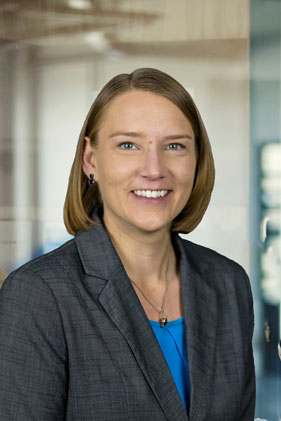
By Amanda Bernard, CPA, CFE, CMA
The ACFE’s 2018 Report to the Nations indicates the size of an organization matters when it comes to fraud in business. The frequency of fraud cases in small businesses with less than 100 employees is slightly higher than the number of cases involving larger organizations, and the magnitude of the losses experienced tend to be much more devastating. The median fraud loss for small businesses in the study was $200,000, almost double the median fraud loss of $104,000 for all other size organizations.
Larger entities are more likely to have the financial resources needed to implement important and effective fraud prevention and detection measures. Since the most likely detection method for fraud is a tip, it makes sense that larger organizations that have implemented costly whistleblower systems and ethics programs would experience lower overall losses because the fraud is detected quicker before greater losses can accumulate. Approximately one quarter of small businesses in the study had a tip hotline in place, compared to more than 80% of larger entities.
A key fraud prevention method is segregation of duties. The more employees an organization has on staff, the better it is able to separate the duties of key financial employees in order to prevent one individual from handling incompatible functions. Frauds were believed to be caused by lack of internal controls in 42% of cases from small businesses, compared to only 25% of cases in all other larger size organizations. In small businesses, the fraud is also more likely to be committed by an owner or executive.
Small businesses face slightly different fraud risks compared to their larger counterparts. Corruption and the theft of noncash assets such as equipment or intellectual property is much more common in larger organizations. Smaller organizations are more at risk for asset misappropriation schemes of all sorts, including fraudulent disbursements and theft of cash receipts.
Small businesses can leverage the knowledge of their professional advisors in order to bridge the size-gap when it comes to preventing and detecting fraud. If you are interested in receiving a fraud prevention checklist or speaking with a certified fraud examiner, contact me at abernard@maillie.com.


For the full report, visit ACFE Report


